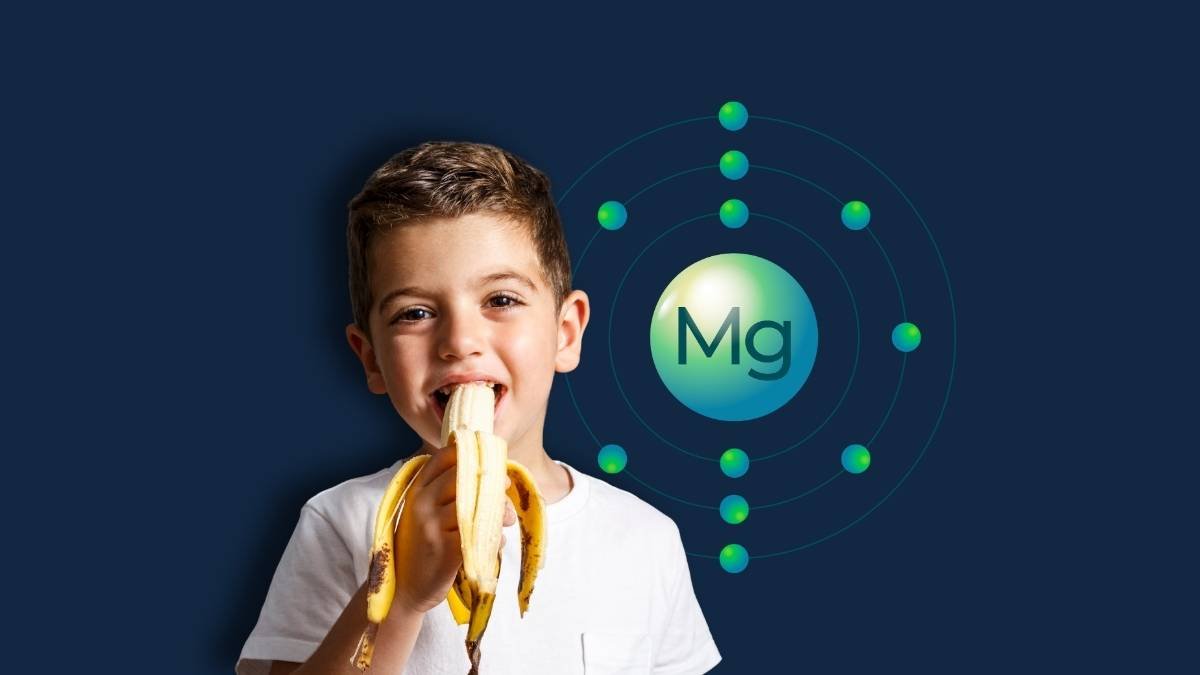Differentiating ADHD from Bipolar Disorder
Living with mental health challenges can be overwhelming, especially when symptoms overlap between conditions like ADHD and bipolar disorder. Dr. Danish and his Philly ADHD treatment team are committed to providing compassionate, personalized care that addresses the nuances of each patient’s mental health. Differentiating between ADHD and bipolar disorder, particularly Bipolar II, is vital for accurate diagnosis and effective treatment. Drawing from reputable sources as well as years of experience, this blog highlights the distinctions between ADHD and Bipolar II. While both conditions share overlapping symptoms such as impulsivity, mood dysregulation, and distractibility, understanding their unique characteristics is essential for tailored treatment plans.
Key Differences Between ADHD and Bipolar II
1. Symptom Duration: Persistent vs. Episodic
ADHD symptoms are chronic and pervasive. They manifest consistently across time and settings without clear periods of remission. For instance, inattention or hyperactivity in ADHD is ongoing and not tied to specific episodes[1][3][14].
Bipolar II disorder is marked by episodic mood changes. Hypomanic episodes (elevated or irritable moods) alternate with depressive episodes, separated by periods of normal mood (euthymia). These mood shifts are cyclical rather than constant[1][2][15].
2. Mood Dysregulation: Situational vs. Cyclical
Emotional dysregulation in ADHD often arises from external triggers such as stress or frustration (e.g., rejection sensitivity dysphoria). These mood shifts are situational and short-lived[3][17].
In Bipolar II, mood changes are more biologically driven and cyclical, often lacking external triggers. Hypomanic phases may involve elevated energy or irritability, while depressive phases bring profound sadness or hopelessness[9][14].
3. Age of Onset
ADHD typically begins in childhood, with symptoms like hyperactivity or inattentiveness noticeable by age 7. It is a developmental disorder that persists into adulthood if untreated[10][14].
Bipolar II disorder usually emerges later, during adolescence or early adulthood. Childhood onset is rare but possible in severe cases[15][19].
4. Impulsivity
Impulsivity in ADHD stems from difficulty regulating attention and behavior. For example, individuals may interrupt conversations or struggle to wait their turn[2][10].
In Bipolar II, impulsive behaviors often occur during hypomanic episodes and are linked to inflated self-esteem or grandiosity (e.g., risky financial decisions)[2][3].
5. Distractibility
ADHD-related distractibility is a core feature and occurs consistently across various tasks and environments[1][2].
In Bipolar II, distractibility primarily appears during hypomanic or depressive episodes as part of thought acceleration or cognitive fog[2][15].
Diagnostic Challenges
Given the overlapping symptoms between ADHD and Bipolar II—such as impulsivity, rapid speech, and mood swings—misdiagnosis is common. Approximately 20% of individuals with ADHD also have bipolar disorder, further complicating diagnosis[3][8]. Comprehensive clinical evaluations are crucial to distinguish between these conditions.
Key Diagnostic Tools:
Clinical Interviews: Detailed exploration of symptom history, triggers, duration, and impact on functioning.
Family History: A family history of bipolar disorder increases the likelihood of a bipolar diagnosis[3][14].
Symptom Tracking: Monitoring symptom patterns over time can reveal episodic versus persistent trends.
Treatment Considerations
Accurate diagnosis is essential because treatments for ADHD and Bipolar II differ significantly:
ADHD Treatment: Stimulant medications like methylphenidate are effective but must be used cautiously if bipolar disorder coexists to avoid triggering manic episodes[13][32]. Behavioral therapy also plays a key role.
Bipolar II Treatment: Mood stabilizers (e.g., lithium) or antipsychotics help manage hypomania and depression. Psychotherapy supports emotional regulation[40][43].
When both conditions coexist (comorbidity), treating bipolar disorder first is generally recommended to stabilize mood before addressing ADHD symptoms with stimulants under close supervision[13][32].
ADHD Treatment in Philly
Bipolar Treatment in Philly
Take the next step toward clarity and answers
At Philadelphia Integrative Psychiatry, we prioritize accurate diagnoses through comprehensive evaluations that consider the whole person—not just their symptoms. By integrating evidence-based treatments with holistic care approaches, we create personalized plans tailored to each patient’s needs. If you’re navigating challenges related to ADHD or bipolar disorder—or suspect you may have both—call us today at 610-999-6414 for expert guidance, or schedule as session with our team.
Continue reading insights from our Philly ADHD Treatment Team
Sources:
[2] https://pmc.ncbi.nlm.nih.gov/articles/PMC8151516/
[3] https://www.additudemag.com/adhd-vs-bipolar-a-guide-to-distinguishing-look-alike-conditions/
[4] https://www.frontiersin.org/journals/psychiatry/articles/10.3389/fpsyt.2022.884217/full
[5] https://pubmed.ncbi.nlm.nih.gov/35027679/
[7] https://www.medicalnewstoday.com/articles/adderall-for-bipolar-disorder
[8] https://pmc.ncbi.nlm.nih.gov/articles/PMC9403243/
[9] https://www.medicalnewstoday.com/articles/324366
[10] https://goodhealthpsych.com/blog/adhd-vs-bipolar-key-differences/
[11] https://www.nhs.uk/conditions/attention-deficit-hyperactivity-disorder-adhd/treatment/
[12] https://www.helpguide.org/mental-health/bipolar-disorder/bipolar-medication-guide
[13] https://www.charliehealth.com/areas-of-care/mood-disorders/how-to-treat-adhd-and-bipolar-together
[15] https://pmc.ncbi.nlm.nih.gov/articles/PMC10184890/
[16] https://www.sciencedirect.com/science/article/pii/S0165032715303712
[17] https://neurodivergentinsights.com/misdiagnosis-monday/adhd-vs-bipolar/
[18] https://childmind.org/article/is-it-adhd-or-bipolar-disorder/
[19] https://www.mdpi.com/2673-5318/3/1/2
[20] https://www.webmd.com/add-adhd/childhood-adhd/bipolar_disorder_or_adhd
[21] https://cmhrc.org/wp-content/uploads/2023/02/Popper-Diagnosing-Bipolar-vs.-ADHD.pdf
[22] https://www.sciencedirect.com/science/article/abs/pii/S0165032721006194
[23] https://www.healthline.com/health/bipolar-disorder/bipolar-or-adhd
[24] https://doi.org/10.1016/j.jad.2015.12.024
[25] https://psychiatryonline.org/doi/10.1176/appi.ajp.2012.11111725
[26] https://www.sciencedirect.com/science/article/abs/pii/S0165032798001797
[27] https://clinicaltrials.gov/study/NCT00181987
[28] https://www.mayo.edu/research/clinical-trials/diseases-conditions/bipolar-disorder
[29] https://www.sciencedirect.com/science/article/pii/S089085672302244X
[30] https://cdr.lib.unc.edu/concern/articles/3f462d73k?locale=en
[32] https://www.additudemag.com/bipolar-and-adhd-stimulants-treating-bipolar-disorder/
[33] https://pmc.ncbi.nlm.nih.gov/articles/PMC10601982/
[34] https://pmc.ncbi.nlm.nih.gov/articles/PMC3876031/
[35] https://www.psychiatrictimes.com/view/drug-drug-interactions-in-patients-with-bipolar-disorder
[36] https://www.webmd.com/add-adhd/adhd-medication-chart
[37] https://www.sciencedirect.com/science/article/pii/S0165032714700072
[38] https://pmc.ncbi.nlm.nih.gov/articles/PMC8151516/
[39] https://my.clevelandclinic.org/health/treatments/11766-adhd-medication
[40] https://www.aafp.org/pubs/afp/issues/2021/0215/p227.html
[41] https://pmc.ncbi.nlm.nih.gov/articles/PMC5662465/
[42] https://www.sciencedirect.com/science/article/pii/S0924977X14002764
[43] https://www.mayoclinic.org/diseases-conditions/bipolar-disorder/diagnosis-treatment/drc-20355961
[45] https://www.talkspace.com/mental-health/conditions/articles/adhd-vs-bipolar-disorder/
[46] https://www.medicalnewstoday.com/articles/324366
[47] https://www.psychiatrist.com/pcc/attention-deficit-hyperactivity-disorder-adults-bipolar/
[48] https://pmc.ncbi.nlm.nih.gov/articles/PMC9403243/
[50] https://effectiveeffortconsulting.com/side-effects-of-adhd-medication/
Back to Blog
Disclaimer: This guide is for informational purposes only and not a substitute for medical advice. Any treatment—whether a supplement, medication, procedure, injection, therapy, or device—carries potential risks, especially when used in excess or by individuals with certain medical conditions or genetic predispositions. Always consult a qualified healthcare provider before starting any treatment.
























